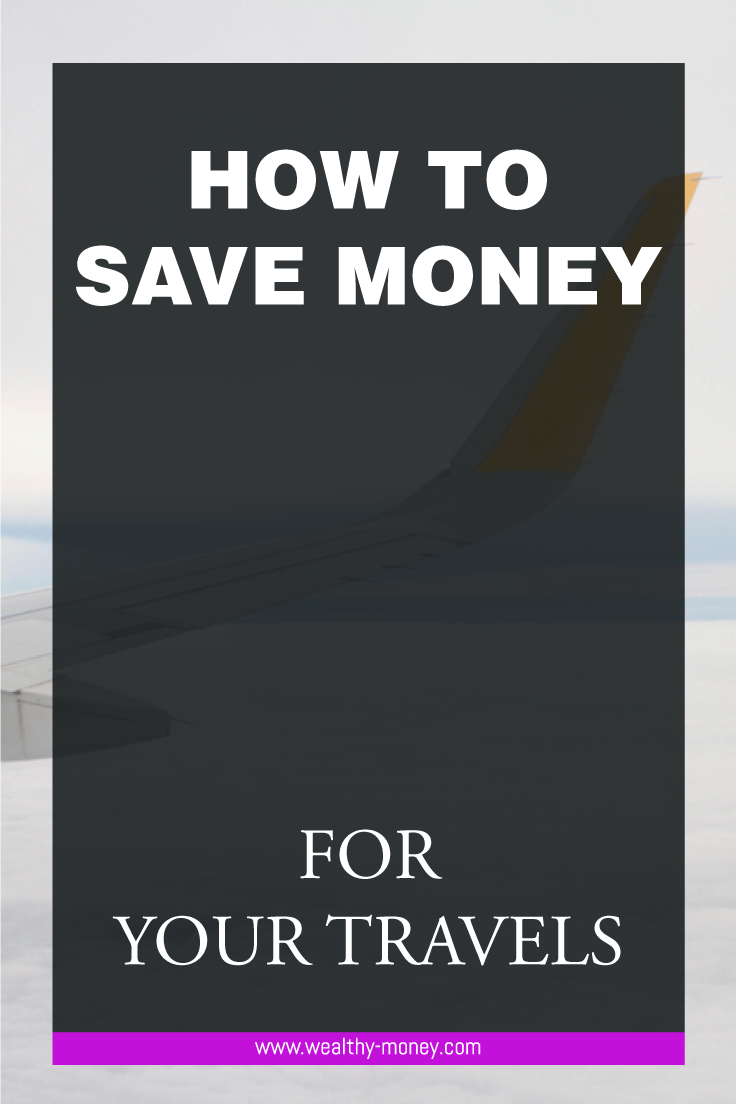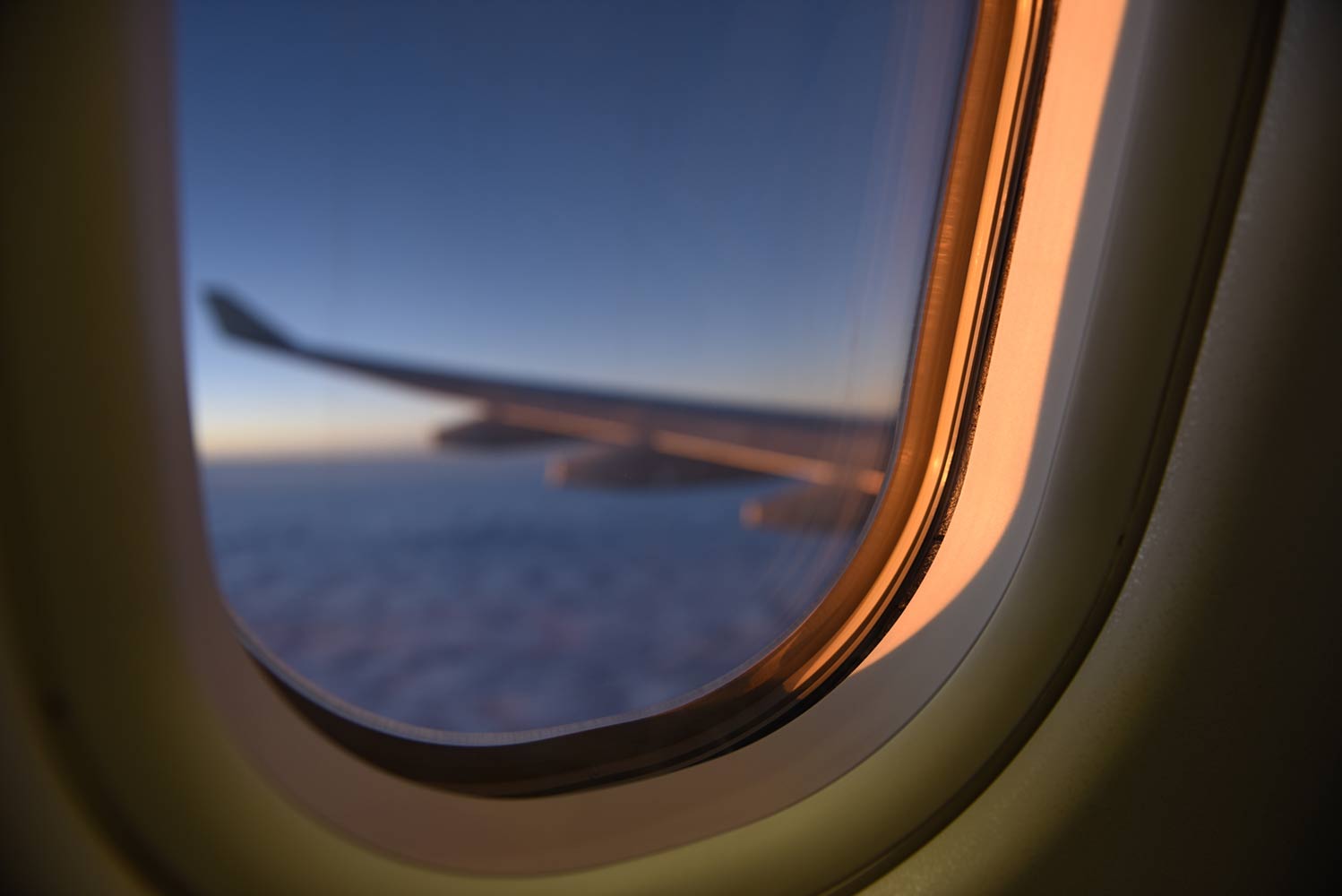How to Save Money for Your Travels
The most stressful questions you can ask me are:
What’s your address?
Where do you live?
I don’t have the answers to that since I don’t even know what country I’ll be living in come October.
When most people learn about my nomadic lifestyle, their next question is: how do you afford to travel so much?
1. Decide where you want to go
Decide how long you want to go traveling for.
Research flight and accommodation costs for those days.
Write these costs down on a piece of paper.
Tip 1: use Skyscanner to research the flight costs
Whenever you search flight tickets make sure your browser is in private mode. Or else google will increase flight prices when next you search and do decide to book (I learned this the hard way).
Tip 2: use AirBnB to book
You can book an apartment for yourself at a decent price, at half or even at a quarter of the price of a hotel. The only place this has proven false is in Dubai. Nothing in that city makes sense and everything is expensive for no reason. Definitely avoid the gulf regions if you're on a budget. (Note to self)
Note: Both airbnb and Skyscanner will convert your costs to your local currency.
2. Decide what you want to do on your trip
What experiences do you want to have?
How much is it gonna cost you?
How much is food going to cost you?
Do a quick Google search of all the costs and write the figures down. Multiply all food costs by 3 and the number of days you plan to be in the country.
Add it to the costs above.
Tip: if you book an apartment on AirBnB you can save on food expenses because you can cook on most days.
3. On the ground transportation
One of the costliest things when traveling is on the ground transport.
Cabs are costly in any country. Uber is a life saver, so get the app.
This doesn't apply in Dubai where uber is more expensive than cabs (like I said everything is different there).
Set aside money for on the ground transport. Use the local public transport system when possible; it’ll save you money.
Add the monetary figure you're setting aside for transport, to your costs.
4. Sim card and phone costs
Roaming is expensive so get a local sim card when you arrive in the country and get airtime and 3G whilst you're at it.
This is very affordable - US$20 or so.
My advice: get a sim card because Google maps and all the other sat nav apps will save your life when you're traveling in countries where English isn't the main language.
Add this cost to your list.
5. Pocket money/fun money
Decide how much money you need for souvenirs, shopping, tours etc.
Write this monetary figure down.
6. Calculate the total cost of your trip
Take a look at all the monetary figures you wrote down and add all these costs together.
Don't freak out about the final costs.
7. Come up with a monthly savings plan
Now that you know how much everything is going to cost you, you have to look at your budget and decide how much you can save every month to make this trip happen.
I recommend saving over a period of 3 to 6 months and putting this amount aside in a separate bank account.
8. Choose countries with a lower exchange rate than yours
I try to travel to countries with lower exchange rates to the one I work with.
The reason is simple - if you have a stronger currency, your money goes further and things are cheaper.
I suggest South East Asia and India. Most of those countries' currencies aren't that strong, the people are awesome, the weather is great and the food is amazing.
Of course there are exceptions to the rule so use currency converter to double check the currency conversion rates.
9. Get a side hustle to pay cover the trip
If you can - try to do something on the side to generate an extra stream of income and save for the trip.
Got questions? Ask them in the comment section below and I'll be happy to answer them!














